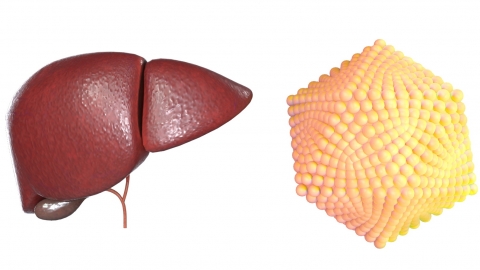Is jaundice hepatitis contagious?
Generally speaking, jaundice hepatitis can be contagious if it is caused by viral hepatitis; however, if it is caused by non-viral hepatitis, it will not be contagious. If discomfort symptoms appear, it is recommended to seek timely medical treatment at a regular hospital. Detailed analysis is as follows:

When jaundice hepatitis is caused by viral hepatitis, these diseases are usually contagious. The viruses causing hepatitis can spread through specific routes—for example, hepatitis A and E are mainly transmitted via the fecal-oral route, and infection can occur by consuming virus-contaminated food or water. Hepatitis B, C, and D are primarily transmitted through blood, mother-to-child transmission, and sexual contact. Once the virus enters the human body, it attacks the liver, causing liver cell damage and abnormal bilirubin metabolism, leading to jaundice symptoms. During periods of active viral replication, patients have higher viral loads and stronger contagiousness.
If jaundice hepatitis is caused by non-viral hepatitis, it generally will not be transmitted to others. This situation is commonly seen in drug-induced liver injury, alcoholic hepatitis, autoimmune hepatitis, and fatty liver disease. The pathogenesis of these conditions is unrelated to viral infection; instead, liver cell damage results from drug side effects, long-term alcohol consumption, autoimmune disorders, or metabolic abnormalities, which affect the uptake, conversion, and excretion of bilirubin, leading to jaundice. Since there is no transmissible pathogen involved, this type of jaundice hepatitis is not contagious and will not spread to others through daily contact or shared meals.
To avoid unnecessary harm to the body, it is recommended to seek timely medical attention when symptoms of jaundice or hepatitis appear, and to undergo diagnosis and treatment under the guidance of a qualified physician. Additionally, it is important to cultivate healthy lifestyle habits and avoid exposure to potential sources of infection to reduce the risk of contracting viral hepatitis.






